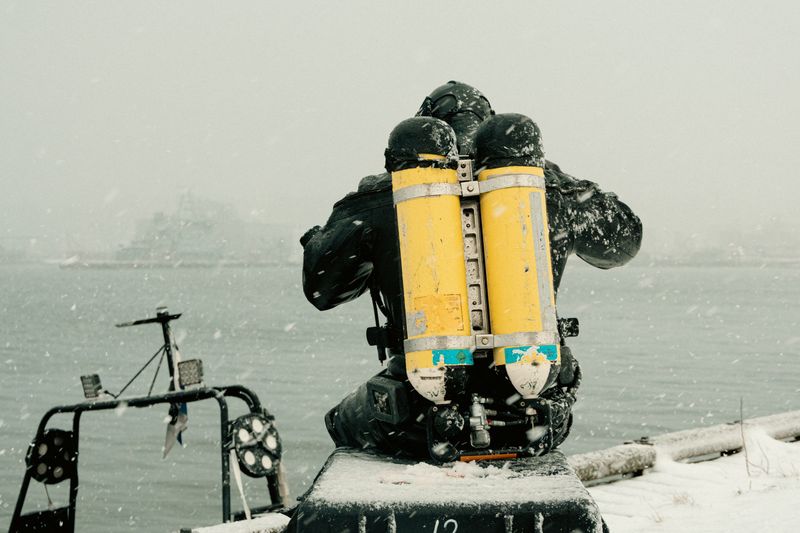By Anne Kauranen and Nerijus Adomaitis
HELSINKI (Reuters) - The Baltic Sea (NYSE:SE) region has seen several cases of suspicious damage against underwater critical infrastructure since 2022, but authorities have been unable to find sufficient proof of deliberate malicious intent to press charges.
NOV 2024: BALTIC TELECOM CABLES
In the most recent case, two undersea fibre-optic communications cables located more than 100 nautical miles (about 200 km) apart in the Baltic Sea bottom were severed subsequently on Nov. 17 and 18, raising suspicions of sabotage by bad actors.
A 218-km (135-mile) internet link between Lithuania and Sweden's Gotland Island went out of service at about 0800 GMT on Sunday, Nov. 17, according to Lithuania's Telia (ST:TELIA) Lietuva, part of Swedish Telia Company.
A 1,200-km (745-mile) cable connecting Helsinki to the German port of Rostock stopped working around 0200 GMT on Monday, Nov. 18, Finnish state-controlled cyber security and telecoms company Cinia said.
Investigators in the involved countries have zeroed in on Chinese bulk carrier Yi Peng 3, which left the Russian port of Ust-Luga on Nov. 15, and a Reuters analysis of MarineTraffic data showed that the ship's coordinates corresponded to the time and place of the breaches.
OCT 2023: BALTICCONNECTOR GAS PIPE AND CABLES
Last year, a subsea gas pipeline, the Balticconnector, which links Finland and Estonia under the Baltic Sea, was severed by what Finnish investigators later defined to have been a Chinese container vessel NewNew Polar Bear dragging its anchor in the early hours of Oct. 8, 2023.
Estonian police suspect the ship of also damaging two separate telecoms cables connecting Estonia to Finland and Sweden on Oct. 7-8, before hitting the gas pipeline on its way to a port near St Petersburg, Russia.
China has promised both Finland and Estonia to assist with the investigations but has done little to fulfil its promises.
Neither the Finnish or Estonian investigators have been able to state if the Hong Kong-flagged vessel caused the damage by accident or deliberately, and have yet to provide their conclusions in the cases.
SEPT 2022: NORD STREAM BLASTS
Nord Stream 1 and Nord Stream 2, built across the Baltic Sea by Russia's state-controlled Gazprom (MCX:GAZP) to pump natural gas to Germany, were damaged on Sept. 26, 2022.
Swedish seismologists registered several subsea blasts, some 17 hours apart, off the Danish island of Bornholm, that ruptured three out of four lines of the Nord Stream system, sending plumes of methane into the atmosphere.
In the investigations, Sweden found traces of explosives on several objects recovered from the site, confirming it was a deliberate act, but in 2024 both Sweden and Denmark closed their investigations without naming suspects.
No one has taken responsibility.
Some Western officials have suggested Moscow blew up its own pipelines, an interpretation dismissed as "idiotic" by Russian President Vladimir Putin.

Russia has blamed the United States, Britain and Ukraine for the blasts, which largely cut Russian gas off from the lucrative European market. Those countries have denied involvement.
In August this year, Germany issued a European arrest warrant against a Ukrainian diving instructor accused of being part of a team that blew up the Nord Stream pipelines, but the man had already left Poland.